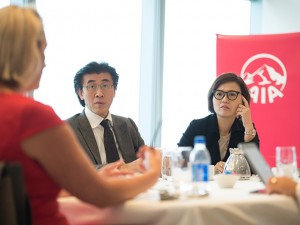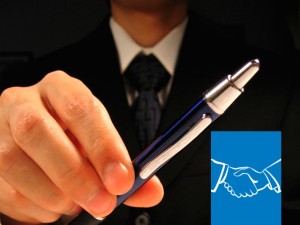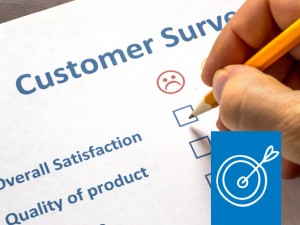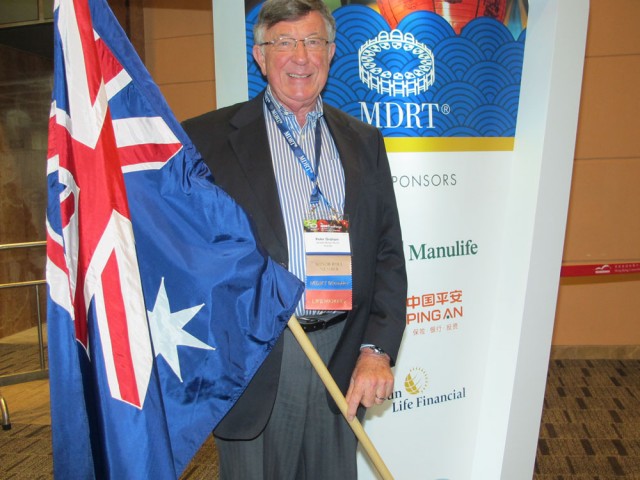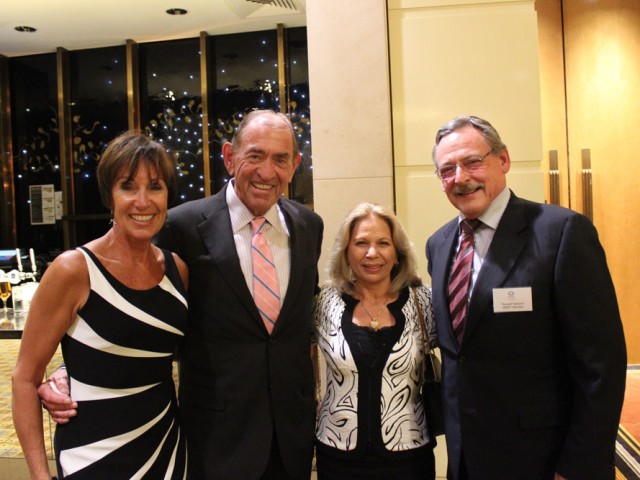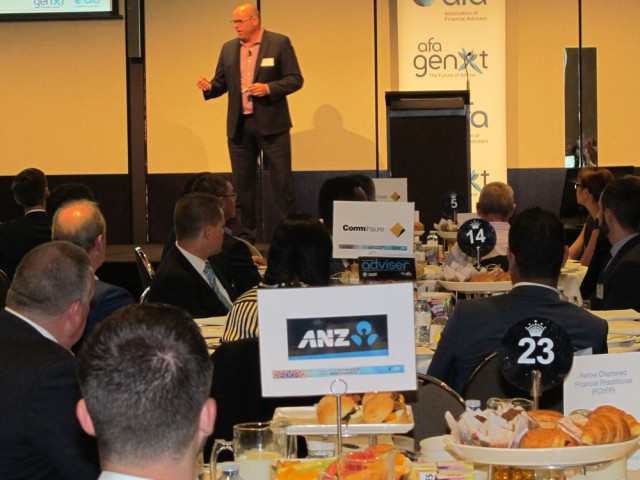Advisers may be able to tell clients about the benefit of life insurance and in this article from KnowledgeMaster’s Jim Prigg, Jim provides practical pointers on getting the deal done! During a recent sales and soft skills seminar I was asked, “What tactics should you utilise in the closing section of the sales process?” That was a good question. So often today people check that the product offer is correct, compliance is okay and the technical aspects of the offer are in place. But they fail to have a Completion Plan to get the deal done for the person they are talking with.
What is a Completion Plan?
A Completion Plan is range of options and tactics to get the deal done. This can be a signature on a piece of paper, a verbal or signed agreement to proceed or an agreement to have money paid for your time, expertise and experience.
A Completion Plan is essential in any deal you are offering. You should be looking to complete the transfer of ideas, strategy or product placement in return for money, so you are paid for your efforts.
Here are some simple and easy to use ideas that you can implement in ensuing the success of your completion plan.
Get commitment for the opportunity to close early in the interview.
Ask people if they are looking for solutions and answers at the beginning of the interview. Ask, “If I could show you a way that solved your problem that was within your budget, is there any reason that you couldn’t implement my advice?
There is nothing wrong with being honest about what you want to achieve for prospective clients. It is also great psychological capital to be able to refer to your commitment question later on during the sales process.
Ask the right questions that are well constructed to get you to YES. Think about this before you get to the closing interview. What do people want? When do they want it? How do they want it delivered? Why do they want it?
Have a written proposal for your presentation.
People do not necessarily believe what they hear, they believe what they see. They believe what they want to believe. So an informative, well written proposal with an executive summary is worth its weight in gold.
Include an Advantages and Benefits sheet of your offer that extol the virtues of taking action NOW by the prospect. Anything offered or points of value that are included should be written down to show buyers what they get, when they make a decision to deal with you.
A written proposal can also be a valuable sales track for you.
At the closing interview remain seated.
I have heard said, “Present your product, service or idea on your feet. But always negotiate (close) from your seat”. Communicating from a seated position gives the impression of stability. Change that situation and you can alter the dynamic balance in communication protocols and perceived value.
Have your paperwork ready for signing (approval) available.
Be prepared to make the sale. Have all necessary forms available or websites open for online purchase. Pre-populate any forms with public domain knowledge such as addresses, full name, contact details etc. Make completion of paper work easy to finalise.
Then when you move to gathering the information for sign-up you can use that tremendously valuable expression, “Can you just confirm/approve these small details for me please?”
Communicate clearly with effective eye contact.
Effective eye contact is critically important in the sales process. Practice your eye contact in front of a mirror. Would you buy from that person? Are you interesting, trustworthy and confident? The eyes have it in the communications game!
Carry a pen for signing.
Your pen is like a sword to a Middle Ages knight! Never go into any sales interview without your sword (pen). All agreements require signatures. Keep a spare pen available at all times when you are going for a completion (closing) interview.
Use your pen as a pointer or indicator.
In the natural activity of a presentation you will require a better pointer than your stubby finger. Use your pen as such an instrument. That means that when it comes to the signing part of the presentation, the tool that delivers the signature is not produced as a surprise that disrupts your presentation. Prospects are used to seeing the pen in action.
Practice being persistent.
Have a range of ways to get to YES. Understand how to rephrase questions when you get a NO. It will make you a more consistent closer. By being persistent you are discovering when the NO runs out.
This also means you will need to know a variety of ways to close. How many closing techniques do you use? How many closing techniques do you know? This is being innovative to get to YES, rather than meekly accepting NO first up.
How many times do you ask the prospect to engage during the sales interview?
Maintain confidence in your ability to broker a deal.
The art of being able to compromise, reconfigure an offer and present in another way are essential parts of the closing process. Having confidence in getting an agreement should be part of your sales DNA. Make sure you eliminate all negativity from your attitude, presentation skills and verbal delivery. Negativity has killed more deals than stupidity.
Controlled positivity is infectious. Think, be and practice positivity so you can bring people along in your slip stream at decision time.
Activities
- Which of these techniques are you utilising?
- Which of these techniques should you implement?
- Which of these techniques could you improve on?

This article is reprinted with permission from Jim Prigg and Knowledgemaster Pty Ltd. Knowledgemaster is an online resources company that delivers practical communications, interaction, sales and soft skills tips, tactics, techniques.
Jim Prigg is the CEO and founder of KnowledgeMaster. He says there is a raging indifference and ignorance to showing people in a practical sense the real face to face skills they need to sell insurance, which prompted him to create the KnowledgeMaster insurance series. It is not about compliance, technical or product knowledge, but the capability to inject emotion and empathy into the sales process. Rather than tell people what to do, KnowledgeMaster shows them “how to” do it. This means having access to practical scripts, interactive reports, successful communications ideas and just as importantly actions and activities at the end of each topic so we can help people to learn.
Contact or follow the author: Website | Email | Telephone: 03 5232 1500, 0408 520 453

